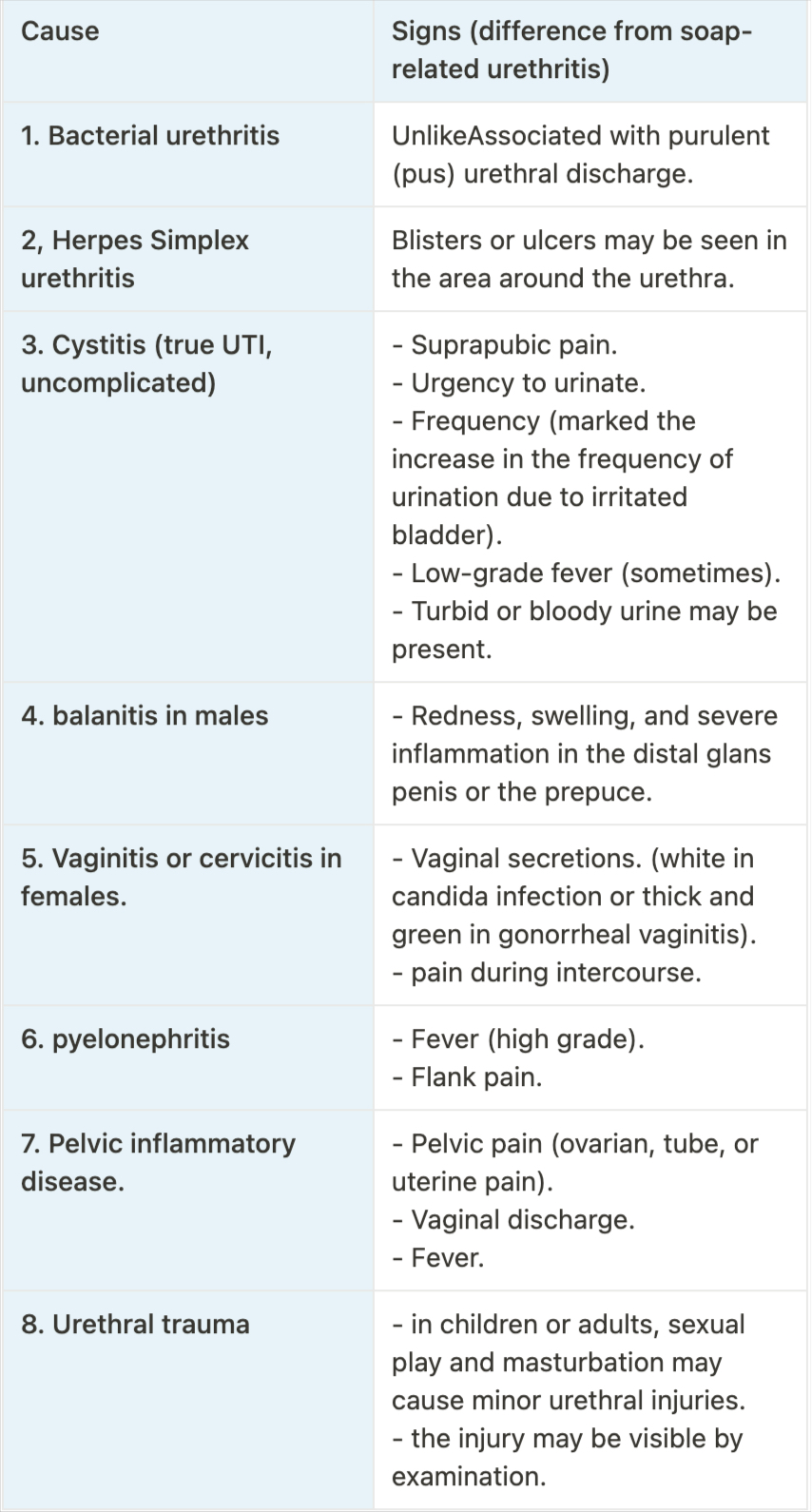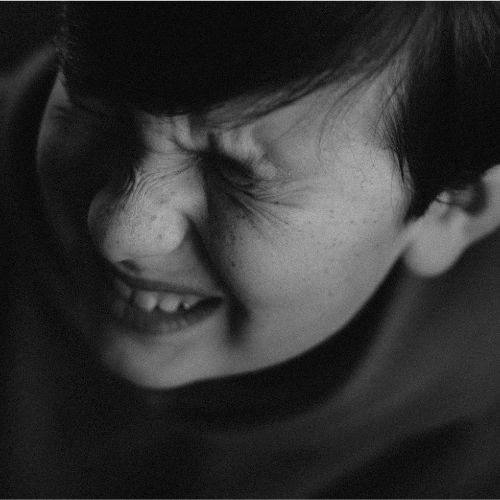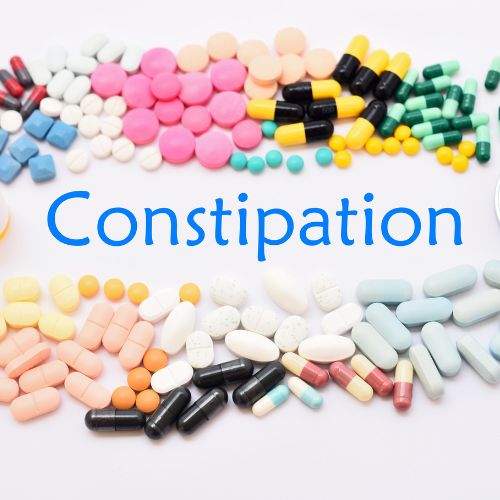UTI (urethritis) From Soap Irritation: 7 Facts & Tips
Our content is not intended nor recommended as a substitute for medical advice by your doctor. Use for informational purposes only.
UTI symptoms such as dysuria can result from soap irritating the urethra. Soap-related urethritis is common in both young and adult populations.
Today, you will learn the seven most important facts about soap irritation, its causes, mimics, and treatments.
1. Daily washing with soap is a recognized risk factor for chemical UTI (urethritis).
Soaps, bubble baths, spermicide-coated condoms, and diaphragms irritate the area around the urethral opening. The irritation may extend to the inside of the urethra or the bladder.
Soap-related urethritis is not rare. And it affects both males and females, the young and adults.
Overwashing with soap is a recognized risk factor for chemical urethritis and balanitis (inflammations of the glans in males) (reference).
Soap-induced urethritis is not a true urinary tract infection because it is a chemical irritation rather than a true infection with a micro-organism (bacteria, viruses, or fungi).
One study concluded that soap is women’s most common cause of burning urine (dysuria).
Also, UTI may exacerbate an existing UTI or dermatitis (skin inflammation) around the urethral opening.
MORE: Urethral Irritation: Causes & How Long Does it Last?
2. Soap-related UTIs are more common at younger ages.
Before puberty, the layers forming the inner vaginal and urethral walls are very thin. As a result, soap and other chemicals, such as shampoo and bubble baths, may irritate the urethral opening and the surrounding area.
Soap is considered the most common cause of burning urination (dysuria) in young females (source).
3. Soap-related urethritis is more common among patients with allergies.
Urinary tract irritation from soap is more common among allergic patients, such as Irritant contact dermatitis (ICD).
One study revealed that chemical urethritis (as with soap) is more common among patients with atopy (allergy), such as contact dermatitis, asthma, etc.
Patients with chemical urethritis may also have allergic symptoms such as redness, swellings, and bullae around the urethra and in other parts of the body, such as the perineum, skin of the trunk or limbs, face, and lips.
4. Soap may NOT be the primary cause of UTI.
Soap and other chemical irritants (such as shampoo and synthetic underwear) cause limited irritation of the urethra (the tube connecting the urinary bladder to the outside).
But first, you should consider a true UTI if you experience frequent urination, burning urine, or turbidity.
The differences between infection-related UTI and chemical urethritis can be minimal based on symptoms.
UTIs from Soap irritation can be obvious, especially with a history of over-washing or using new soap forms; excluding exclusion of urinary tract infections by urine analysis or urine culture is an essential step in diagnosing chemical urethritis.
Common causes of UTIs other than soap irritation include (reference):
- Bacterial urethritis, such as gonorrhea (caused by Neisseria gonorrhea) and chlamydia trachomatous.
- Viral urethritis: commonly due to herpes simplex virus.
- Cystitis (inflammation/infection of the urinary bladder) is caused by bacterial (such as E. coli), viral, or fungal infections.
- Balanitis/balanoposthitis: inflammation of the distal penile part in males (especially in those not circumcised).
- Pyelonephritis (infection of the upper urinary tract, including the kidneys).
- In females, vaginitis and cervicitis (vaginal or cervix inflammation, often due to infection) may cause dysuria and symptoms similar to UTI from soap irritation.
- Pelvic inflammatory disease is a more severe infection of the female reproductive system and is often associated with dysuria (burning urine).
- Atopic dermatitis: a generalized skin allergic disease (as eczema). In such conditions, soap-related urethritis is a part of the generalized symptoms of the allergic disease (skin rashes, itching, redness).
- Local trauma to the urethra is also a common cause of dysuria and urethral irritation. Soap here can be a trigger than the primary cause of symptoms.
- Stone passage through the urethra can also cause temporary dysuria (burning urination).
5. Symptoms of Soap irritation versus true UTI and other causes of burning urination.
Soap cause irritation of the area around the urethra, the outer part of the urethra. Rarely, soap may reach the urinary bladder causing symptoms of cystitis (lower abdominal pain, frequent urination, the urgency to urinate, etc.
The differentiation between soap-related UTI (nonspecific urethritis) and other causes of burning urination (dysuria) can be difficult.
The typical symptoms of soap-related urethritis include:
- Positive history of over-washing with soaps, bath bubbles, etc.
- Marked burning urination (dysuria) with less prevalent symptoms of cystitis (frequent urination, bladder pain in the lower abdomen).
- Redness and itching may be present in the area around the urethral opening.
- No turbid urine.
- No turbid urethral discharge.
- Stopping the use of soap often results in the resolution of dysuria.
- Urine culture often doesn’t reveal the bacterial infection.
Some tips to differentiate soap-related (chemical) urethritis from other causes of dysuria:

6. Best tips to relieve soap-related urethritis
A. Remove the irritant.
If chemical urethritis is confirmed. The only definitive treatment is to eliminate the cause (soap).
Some types of soap are more irritant than others. If the cause is a recent use of a new soap, temporarily hold soap until irritation improves. Then, revert to the prior type of soap.
B. Don’t overwash.
The lack of hygiene in the genital area may cause urinary tract infections. On the other hand, Overwashing with soaps, bubble baths, etc., may cause chemical urethritis.
So, hygienic measures are necessary for this area but in moderation without the overuse of chemical irritants.
Use water or diluted soaps in moderation to prevent recurrent chemical urethritis in the long term.
C. Petroleum jelly.
Application of bland petroleum jelly to the external urethral opening improves soap-related irritation (reference).
The application of bland petroleum jelly before a soap bath improves irritation dramatically.
D. Exclude other causes.
If you are not sure that soap is the cause of dysuria, call your doctor.
The above tips to relieve soap-related urinary tract irritation only apply if you are 100% sure of the diagnosis.
Seek medical advice to exclude other more common causes of UTIs as infectious urethritis, cystitis, etc.
- Evidence-based
- Written by a doctor.
MD, Internal Medicine and Nephrology specialist.

Dr. Esraa A. MagidAuthor
MORE INSIGHTS





